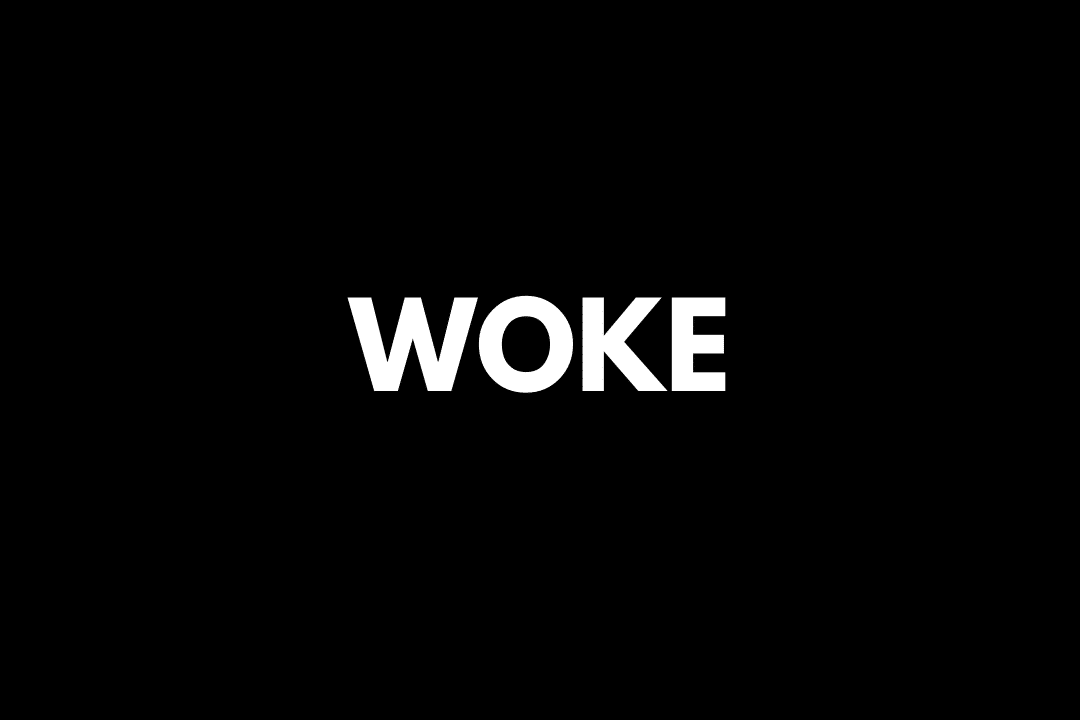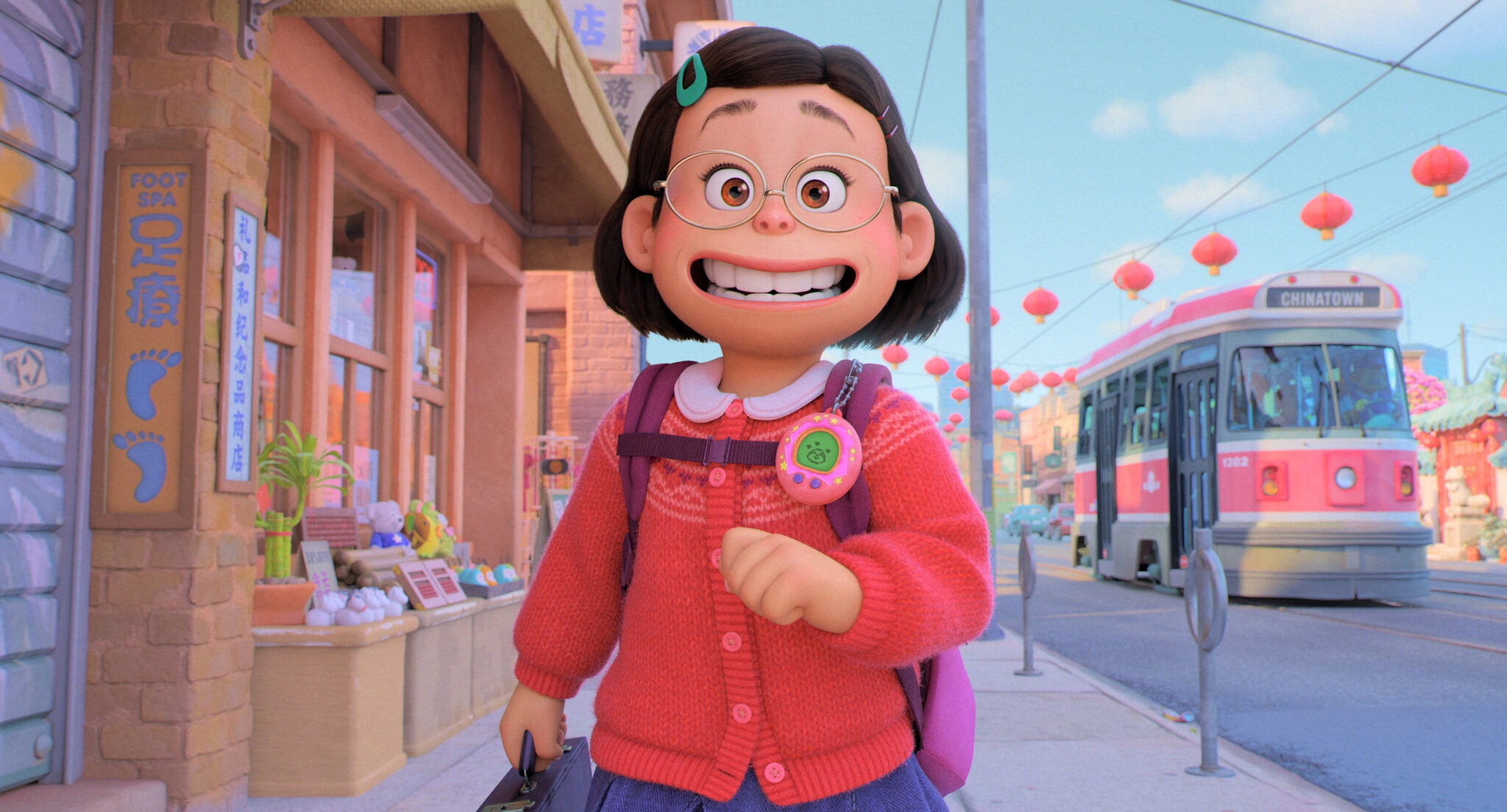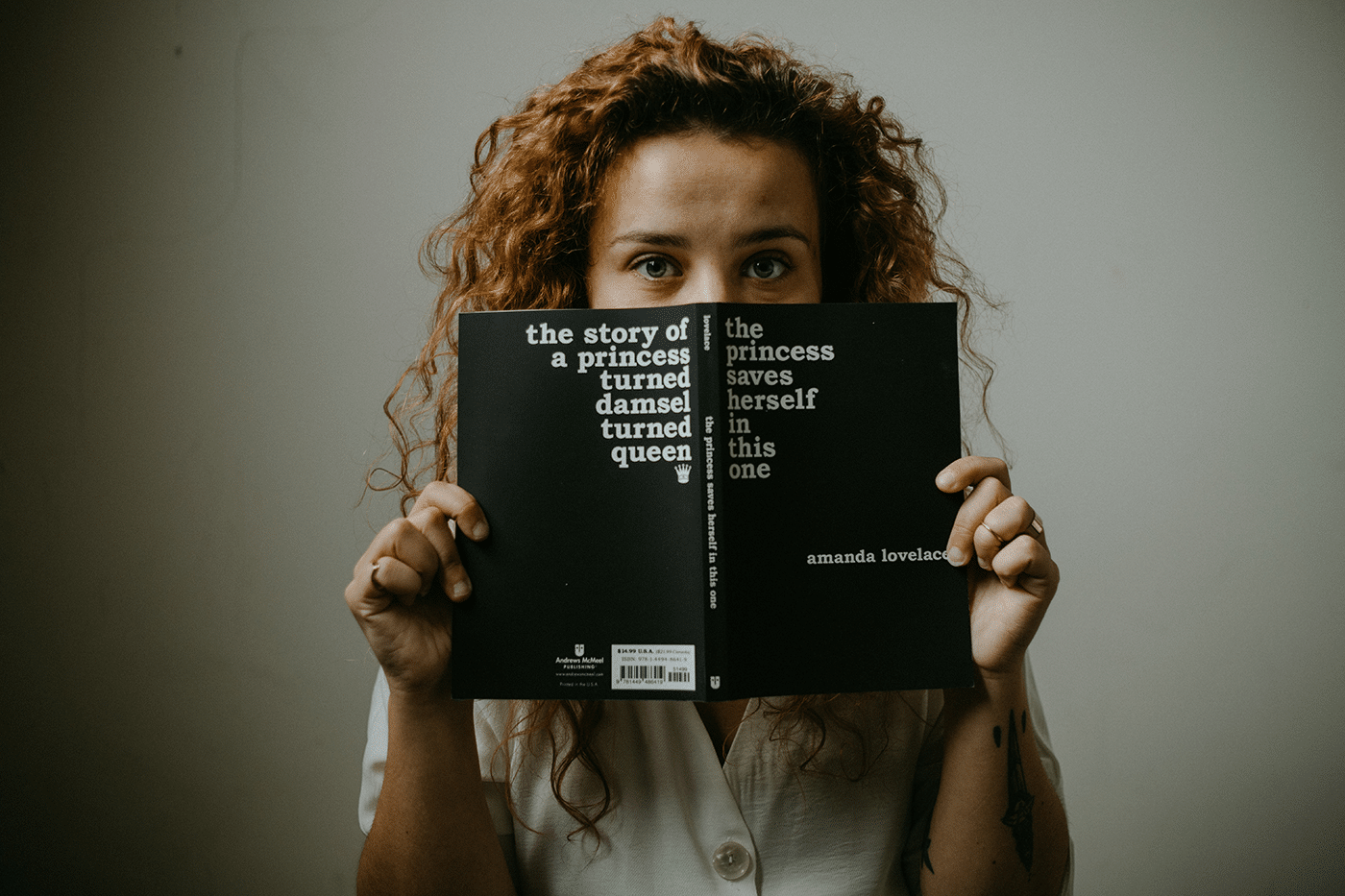On Tuesday morning millions of us woke up to social feeds full of black squares and captions —#BlackOutTuesday, #BlackLivesMatter. After days of anger, discussion, tears, confrontations and protests the tone of the discussion on social media turned to one of active silence. Is this the best path forward to tackle these issues, or do these well intentioned acts of solidarity undermine our ability to do the real work of examining our own relationships with systemic racism and the biases—unconscious or otherwise—that we’ve been born into?
“Performative activism” or “performative wokeness,” are terms that have recently become mainstream, although they were around for a while. So what does it mean to be woke and what is performative wokeness?
The whole “woke” concept began as a way for black people to remind themselves of socio-economic and socio-political awareness as a means of survival. Like most things, it was co-opted by the masses and used as a tool to signal their own values and awareness, a term called “virtue signaling,” coined by James Bartholomew. Saying that you plan to attend a rally for climate change on Facebook, RSVP’ing yes, shows you’re woke to environmental degradation. It doesn’t matter if you actually go. The point is everyone saw you do it. That’s what is happening on social media against the backdrop of Black Lives Matter. The performance of social awareness has become more important than doing the actual work of becoming socially aware and confronting our own biases.
Writer and poet Scott Woods, describes racism as an insidious cultural disease we are all born into and that we need to do the hard work of confronting. The issue is that posting black screens, slogans, quotes and memes can be mistaken for having done the work. It’s not.
This is a time to hear from black people—black authors, politicians, activists, celebrities and individuals. It is a time for us to listen to stories of navigating the world as a black person and the ways in which racism permeates even the most mundane interactions. It is a time for the rest of us to raise our level of discourse both online and offline beyond platitudes of support.
Does social media discourage us from confronting the racism within?
The short answer is it depends. The longer one is that even well-meaning allyship in the form of hashtagging or memes or quotes, lets us off the hook as individuals from doing the painful, unpleasant but necessary work of self-examination. The real work happens within—when the dust settles, in the quiet space of one’s own mind, in the conversations at the dinner table, in the actions we take to educate ourselves.
Racism is an extremely uncomfortable topic to confront, especially our own racism. We all like to think we are not racist—we can post a meme and walk away with the luxury of not having to experience it ourselves. Except that’s not the case for millions of people—people of color and to a greater extent black people. Engaging in solidarity online is great, but it slows down the process of actually tackling racism where it resides—which is in all of us.
Ultimately there is no substitute for listening. As a society this is our time to listen to the experiences of those who move through the world as colored and black people and try to understand the challenges of navigating society in a colored body.






